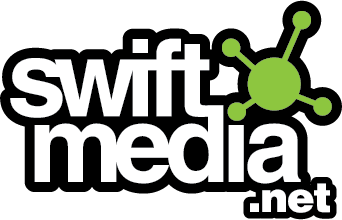02 Nov The Most Important Lesson In The 7th Grade?
 Seventh grade reports, and much of life, are about more than the task at hand but the process. Sure, you learned that Capuchan Monkeys smash millipedes and rub them on their backs to avoid mosquitoes but you also learned the Dewey Decimal System. We began to learn to categorize our thinking and to distinguish different directions based on concepts as broad as science, reference and fiction.
Seventh grade reports, and much of life, are about more than the task at hand but the process. Sure, you learned that Capuchan Monkeys smash millipedes and rub them on their backs to avoid mosquitoes but you also learned the Dewey Decimal System. We began to learn to categorize our thinking and to distinguish different directions based on concepts as broad as science, reference and fiction.
My class was escorted to the school library, given a couple of 3×5 cards and told that whatever subject we wanted to learn about, it was awaiting us in the index card files behind the librarian. We simply needed to pick a subject, look it up alphabetically, and use the Dewey Decimal System to find the books. We looked up monkeys, for example, and then began to get more specific: South American Monkeys, then Capuchan Monkeys. We were to take the information we found and put quotes on the 3×5 cards for use later in a report.
I think it may have been my first introduction to the concepts of keywords and relevance. I could never have imagined this concept would become such a large part of everyday life without becoming a research academic. If you’ve used the internet to search for something, you’re using these concepts.
“Keywords” and “relevance” receive a lot of attention today. The reality is: Google, Yahoo!, MSN and the myriad other search engines work just like the library. Behind all of the algorithms, programmers, people and “magic”, they are simply attempting to give you the best (most relevant) answer to your question or query (keyword).
Imagine, at the library you step in front of the card catalogue and look up “monkey” and are given scores of titles on the subject. You quickly realize you’re going to have to get more specific if you’re going to get anything useful done. The search engines are doing the same thing. They are trying pretty hard to give you the best information and experience for your effort.
It’s easy to think that growing up with “search” would make you much better at it but the reality is quite different. A recent study sponsored by the British Library and the Joint Information Systems Committee found that, in fact: “There is little direct evidence that young people’s information literacy is any better or worse than before.”
Consider that for a moment. Even with all of the extra “information” out there for us, we are limited by our ability to decide what it is we are looking for and cull through that provided information.
Once again, we find the more things change, the more they stay the same: Google works just like the library, we are limited not by the tools we use but our ability to use them and no matter what we do, bugs are still going to bite us.

No Comments